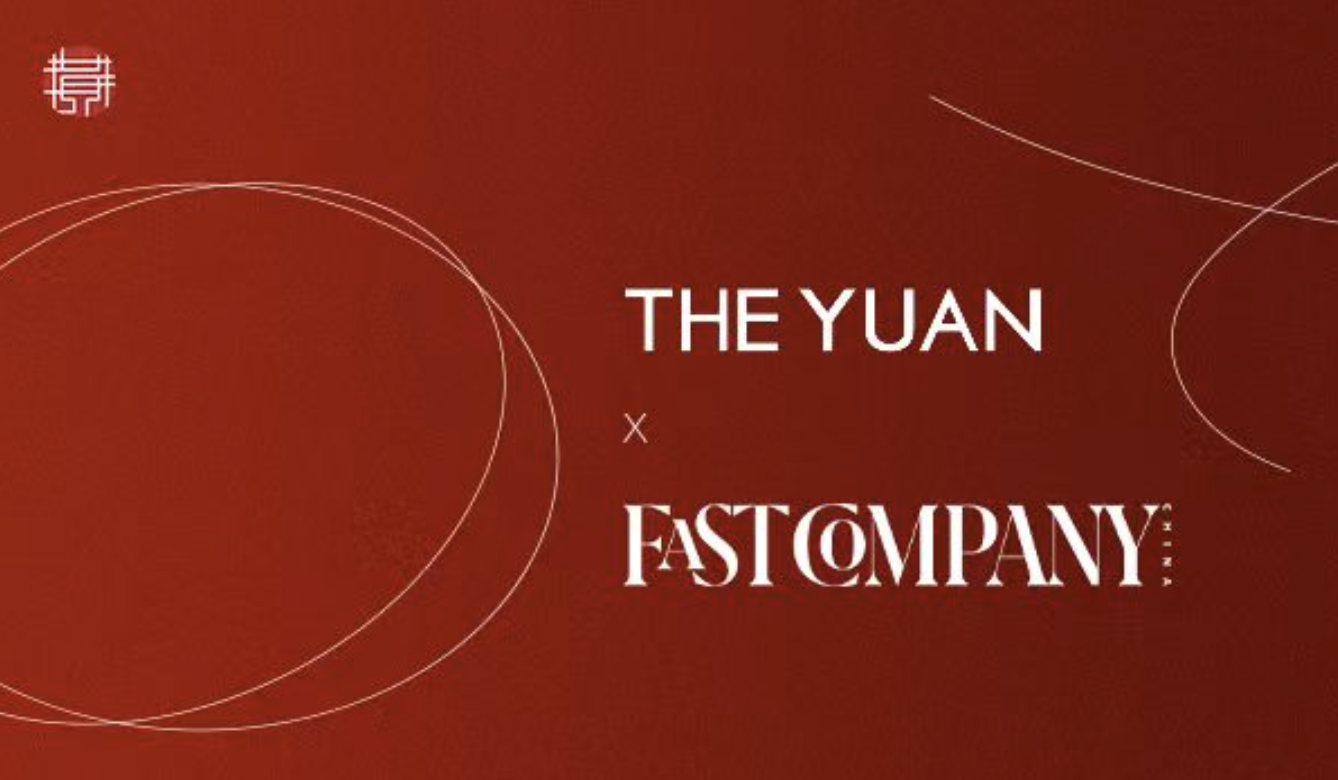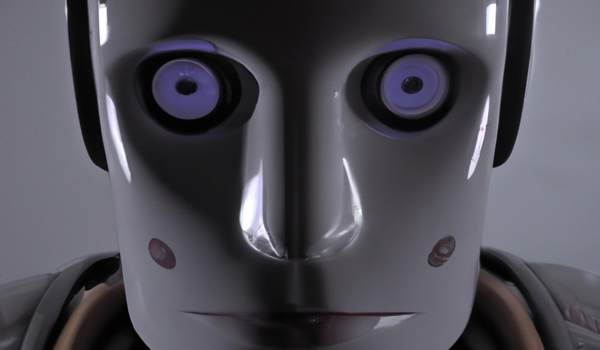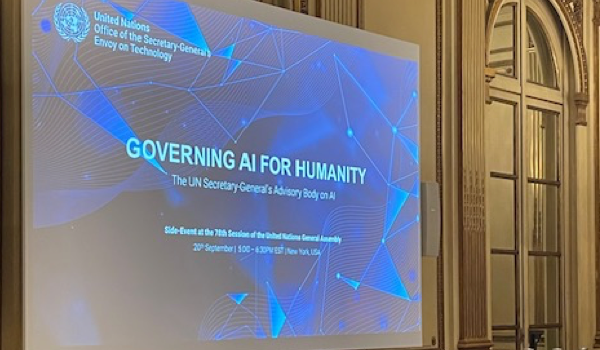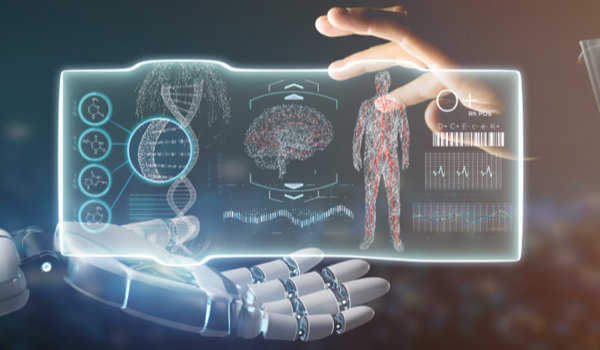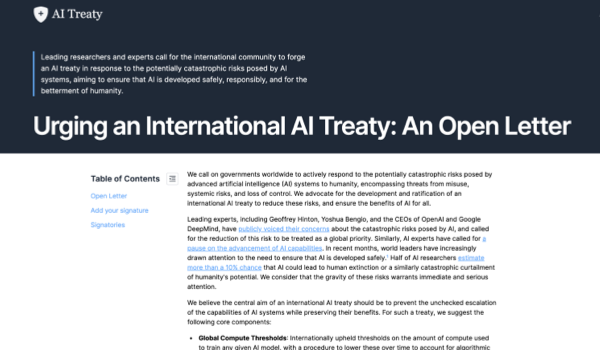

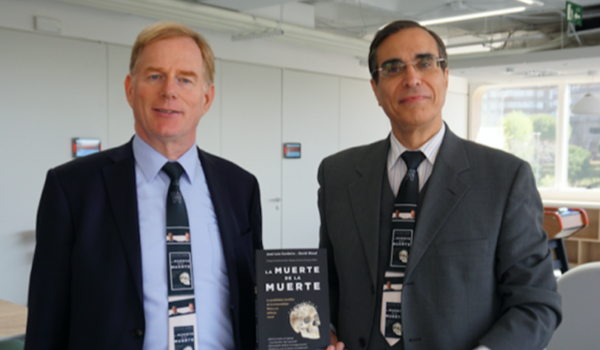
LONDON - First come the congratulations. Then it’s the questions.
“Great title!” friends tell me, referring to the phrase ‘The Death of Death.” But then, after a slight pause, there’s sometimes a quizzical look. “Hey,” they ask me, “what about such-and-such - have you thought about that?”
As it happens, The Death of Death was written so that each of its nine main chapters answers a question that tends to come up in conversations about aspects of (to state the book’s subtitle) ‘The Scientific Possibility of Physical Immortality and its Moral Defense.’
José Cordeiro and I, the co-authors of The Death of Death, have been involved in many thousands of such conversations over the past 20 years. We’ve learned which questions commonly arise, which of them have relatively easy answers, and which of them deserve a longer discussion. We address both types of questions in our book.
Let’s run through the nine main chapters. Dear reader, you might consider, each time, whether you think the question remains open, or whether you are satisfied with the brief answer given here. In either case, you’ll find lots more details inside the book itself.
1. Isn’t death intrinsic to life?
It is commonly thought that death is the natural consequence of life. In time, everything decays. Sooner or later, the old must make way for the new. In that case, won’t death always be with us?
Actually, biology provides many indications that there is no necessity for living creatures to age and die. The more that we study biology, the more we can appreciate that life has an innate potential to keep on living. That’s what we learn from various unicellular organisms, and also from the sad example of cancer cells. It is also what we learn fr
The content herein is subject to copyright by The Yuan. All rights reserved. The content of the services is owned or licensed to The Yuan. Such content from The Yuan may be shared and reprinted but must clearly identify The Yuan as its original source. Content from a third-party copyright holder identified in the copyright notice contained in such third party’s content appearing in The Yuan must likewise be clearly labeled as such. Continue with Linkedin
Continue with Linkedin
 Continue with Google
Continue with Google







 1908 views
1908 views


